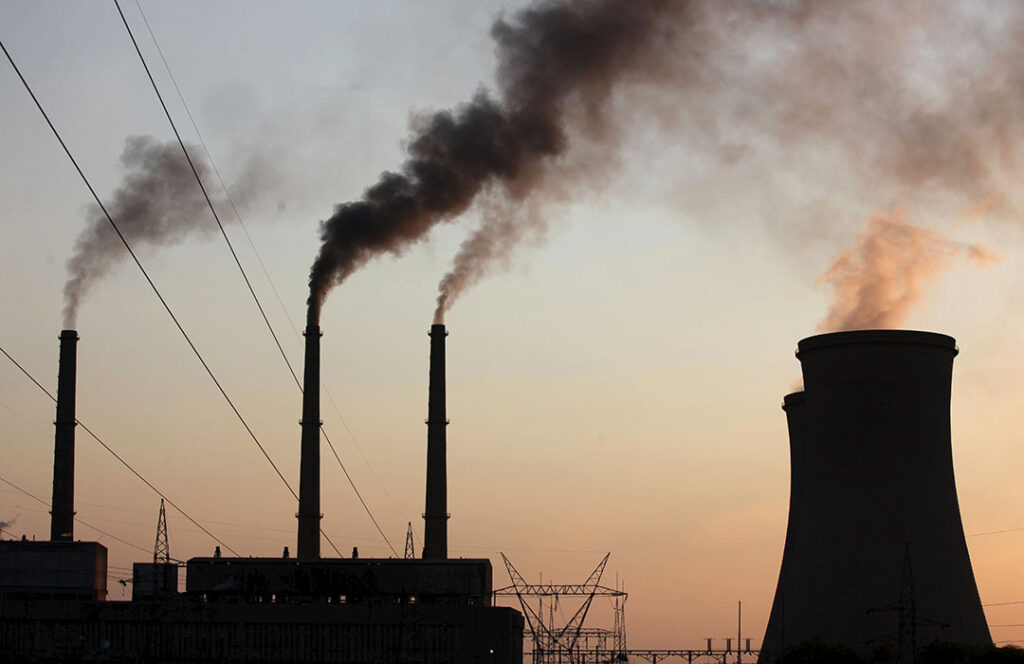ADF STAFF
Wildlife monitors observing endangered black rhinos in Zimbabwe recently came across something unexpected. Amid the pristine landscape of Hwange National Park, a group of Chinese men were drilling for coal.
Zimbabwean conservation nonprofit Bhejane Trust reported the incident on its Facebook page on September 1 and said Zimbabwe Parks and Wildlife Management Authority arrested the men and turned them over to the police. “However, they soon reappeared with a permit giving them the right to carry on in the park with exploratory drilling,” the group reported.
The story made international news and triggered outrage. The hashtag #SaveHwangeNationalPark spread quickly on social media.
On September 7, Zimbabwe Environmental Law Association (ZELA) filed a case in the country’s high court seeking to block two Chinese companies — Zhongxin Coal Mining Group and Afrochine Smelting — from mining in the park, citing “acute risk of irreversible ecological degradation.”
The next day, Zimbabwean Information Minister Monica Mutsvangwa announced an immediate ban, saying, “Steps are being undertaken to immediately cancel all mining titles held in national parks.”
Locals and activists celebrated what they hoped was a turning point in protecting African wildlife and the environment. But it could be a mirage because a judge on September 15 threw out the case on a technicality. ZELA vowed to continue its court challenge.
With more than 100 mammal species and more than 400 bird species, Hwange National Park is one of the world’s most diverse preserves. But the 14,651-square-kilometer park is threatened by drought, poaching, trafficking and now mining.
“This is one of the greatest game parks in the world, and the mines would be in one of the most pristine areas of the park,” Bhejane Trust’s Trevor Lane told The Guardian newspaper.
“If it goes ahead, it will be an end to the park. It would kill the tourist industry, which is worth hundreds of millions of dollars.”
Tourism is one way the country hopes to revive its struggling economy. Mining is another.
China is a major investor in Zimbabwe, which hopes coal mining will allow it to export energy by 2023. President Emmerson Mnangagwa has stated his vision for growing the country’s mining sector into a $12 billion industry in the next three years.
Coal, however, comes with a cost. Thermal energy plants are known for producing a wide range of pollutants harmful to humans and the environment.
According to Greenpeace, Chinese companies and banks are funding at least 13 coal energy projects across Africa with nine more planned. This despite China’s President Xi Jinping pledging in 2019 that its vast Belt and Road Initiative must be green and sustainable.
China’s commitment to coal stands in stark contrast to Xi’s recently stated goal to be carbon neutral by 2060. Advocating for African countries to invest heavily in coal has opened up China to accusations of hypocrisy.
“There is already a lot of Chinese investment in coal in Hwange area outside the park, much of it grossly polluting,” Bhejane Trust’s Stephen Long told The Guardian. “Air quality in parts of Hwange must be as bad as most big cities, probably worse, and it is hard not to feel that the Chinese have already polluted their own country and are now exporting their pollution to poor countries such as ours. Zimbabweans are unlikely to see much benefit from the mines.”
Long said the investment in coal is shortsighted.
“When the rest of the world is getting out of coal and recognizing the climate emergency, why is Zimbabwe expanding its use of the stuff and planning, according to the president, [to use it] for decades ahead?”

